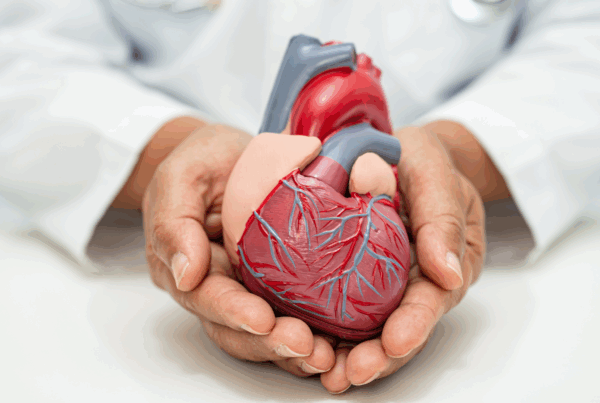If you need an excuse to make a restful slumber more of a priority in your life, this might be it.
It is advised to get at least 7-9 hours of sleep, each night yet most people are not sleeping for this long. A study done in Cardiology Reviews reports that in Western countries, people are sleeping on average, 6.8 hours a night.
it is not always clear exactly why sleep is beneficial to health in general – we just know we can’t function without it. What we do know however, it that sleep, or lack thereof, can have a significant effect on mental health and heart health. Sleeping less than 7 hours a day has been recorded as increasing risk of death from heart disease by 13%.
There are many reasons why many people do not sleep for the recommended time per night. However, if possible, it is worth prioritising sleep alongside a good diet and exercise, because of its effect on the heart.
Why does Lack of Sleep Affect the Heart?
Research into lack of sleep and heart health is relatively new. What is known is that sleep for most individuals lowers blood pressure. Prolonged sleep problems over long periods of time raise blood pressure, one of the risk factors involved in heart disease. Furthermore, your heart rate can stay elevated if over time, you are sleep deprived.
Lack of sleep has also been linked to increasing insulin resistance, which is a risk factor for developing type 2 diabetes, and similarly, heart disease.
Overall, sleep deprivation can negatively affect your mental and physical health. Stress and depression have known links to worsening heart health, and so it is important to make sure you get those 7 hours a minimum per night for your mental and physiological wellbeing.
How to Improve your Relationship with Sleep
In a busy world, it can be hard to maintain a good sleep routine, but we encourage you to prioritise it. Here are our pointers at getting a good night’s rest:
- Exercise. This could be whatever you define as exercise – it does not necessarily mean cardio or strenuous activity. Whatever activities make you feel physically tired will allow you to fall into a better slumber at night.
- Avoid artificial light, such as from phone screens, especially immediately leading up to bed time. There are certain modes on smartphones now such as ‘Dark Mode’ and Blue Light filters that may help, as well as changing your brightness settings to low.
- Avoid eating a large meal before sleeping. Alcohol and foods that are high in fat or sugar are also not recommended.
- Stick to a regular schedule. This one is important – Irregular activity can confuse the body if you don’t have the same sleep and wake up times.
- Maintain good sleep hygiene. This means keeping your bedroom a comfortable temperature, reducing noise (depending on what personally makes you feel relaxed), and reducing the use of devices such as phones before sleeping.
If you have any worries or concerns about your heart health – related to sleep deprivation or otherwise – please do get in touch. Here at Venturi Cardiology, we have a team of experts ready to help you and answer any of the questions you may have.












